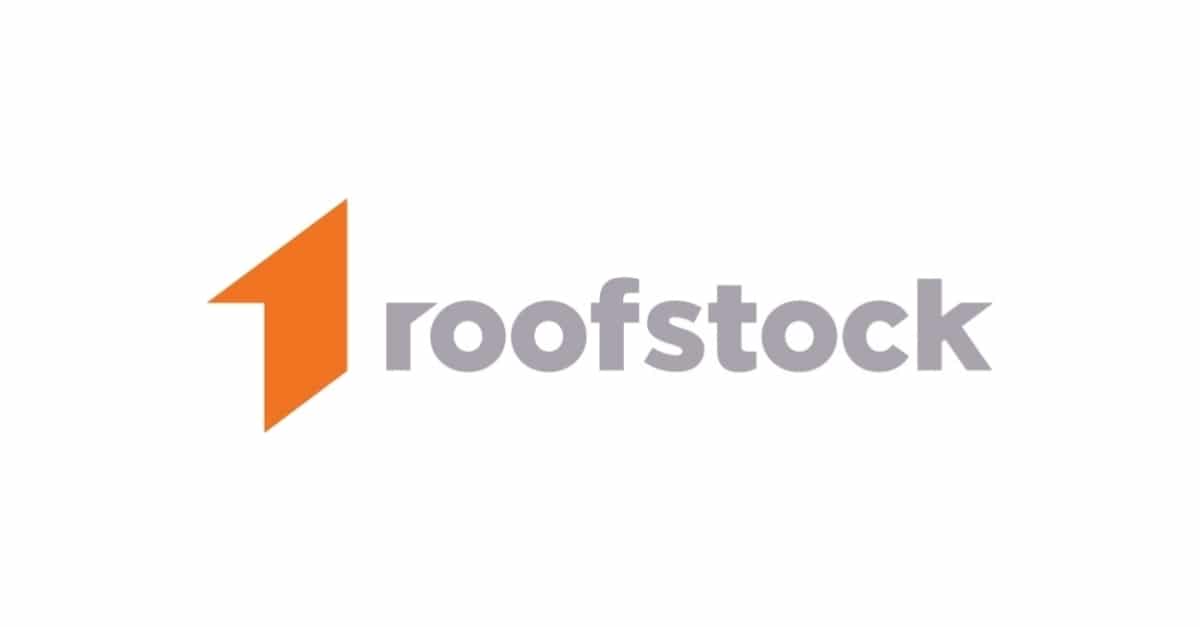
When many people think of real estate crowdfunding, they think of Fundrise. And why not? Fundrise was one of the first real estate crowdfunding platforms on the scene. They started back in 2012 and now have over 500,000 members, with nearly $2 billion invested in real estate properties.
But Fundrise isn't the only real estate crowdfunding company on the market. Over the past several years, many strong Fundrise alternatives have opened for business. And some of them offer unique investing opportunities that Fundrise can't match.
If you've been dissatisfied with Fundrise or you just want to make sure that you've checked all your options, we'll break down three strong Fundrise alternatives worth considering. If you want to learn more about how Fundrise works, you can check out our full Fundrise review.
The Rise of Real Estate Crowdfunding
The idea behind real estate crowdfunding is to pool investor funds together and invest in a property that would otherwise be out of reach for each individual investor. By investing together, investors have access to far more properties. Such properties used to be available only to high net worth or accredited investors. Now some real estate crowdfunding platforms are available to non-accredited investors.
The introduction of the JOBS Act in 2012 made crowdfunding platforms popular. The JOBS Act opened the door for companies to raise funds through smaller investors. Instead of requiring hundreds of thousands of dollars or even millions of dollars to invest in real estate, investors can invest with minimums that are under $1,000.
Just to clarify, real estate crowdfunding doesn’t mean you’re investing in a REIT, although some platforms do offer REITs. The main difference between real estate crowdfunding and REITs is that a REIT is like a stock. With crowdfunding platforms, you have more transparency into the investment and what you want to invest with. Both types of investments are considered passive since you aren’t involved in the day-to-day management of properties.
The 4 Best Fundrise Alternatives
Is there any problem with choosing Fundrise as a real estate investment platform? Not at all but there also isn’t anything wrong with looking at what the competition has to offer, which we’re going to do in this article.
Here's our top picks for Fundrise alternatives:
Arrived Homes
Arrived Homes is a real estate investment platform that allows you to get started investing in fractional rental real estate. Unlike Funrise where you invest in a basket of properties, with Arrived, you get fractional ownership of just one property.
Arrived focuses on turnkey rental real estate, and allows you to start earning from it right away (if possible).
The company doesn't charge any platform fees, but there is a 1% annual fee on assets under management, and some other fees when underlying investments are bought and sold.
Read our full Arrived Homes review.
RealtyMogul
RealtyMogul was launched in 2013 and allows investments in REITs, private placements, and 1031 exchange properties. To invest with RealtyMogul, you must be an accredited investor. Its minimum investment is $5,000. There are two REITs offered.
- MOGULREIT I: Pays distributions monthly and is a debt structure designed for diversification.
- MOGULREIT II: Pays distributions quarterly and is an equity structure that invests in multi-family apartment buildings.
One of the things that makes RealtyMogul one of the strongest Fundrise alternatives is its focus on investing in cash flow properties with leases, including land. You can also choose to invest in a debt or equity deal.
Management fees range from 1% to 1.50% annually, with a few additional percent going toward legal fees. You’ll have to get clarification from the property investment manager on the exact fee structure, which varies from property to property.
If you want to learn more about Realty Mogul, be sure to check out our full review.
CrowdStreet
CrowdStreet has been in the real estate crowdfunding game since 2014 and is one of the most popular Fundrise alternatives. It offers investors managed funds, individual deals, and advisory services. The platform has published 414 commercial real estate investment offerings, with 31 being fully realized as of today.
CrowdStreet has a team of managed directors who interact with sponsors to surface deals. Any potential deals are then vetted by CrowdStreet’s investment team before approval to be published on the website. Most real estate crowdfunding platforms follow this same model.
Investing in one of CrowdStreet’s diversified funds allows you to spread your investment across multiple properties without having to handle multiple transactions. As the fund says, it’s a simplified way to diversify your investment.
CrowdStreet also allows you to invest in individual deals. These are for those who want the most flexibility in property selection. CrowdStreet minimums are $25,000, but most deals are much higher. And you aren’t likely to find that minimum with any funds. 1031 exchange properties are offered but not the main focus and are more rare.
CrowdStreet offers advisory services and has a great educational resource section on their website. Note that CrowdStreet investments are SEC Reg. D 506(c) and are restricted to accredited investors only.
For more information about Crowdstreet, you can read our full review.
Roofstock
Roofstock is open to both non-accredited and accredited investors. It mainly invests in single-family rental properties. Another benefit of Roofstock is that you can invest through a self-directed IRA or solo 401(k) plan.
Roofstock is slightly different than a REIT in that you own properties directly. You can purchase an entire property, or be a fractional owner with their Roofstock One product.
Investor Protections
Roofstock has a unique selling point in that they’ll refund your money if you aren’t satisfied with the purchase. Just contact them within 30 days of closing to receive your refund. The refund is only available for single-family properties and is not available through the Roofstock One service.
Roofstock also has a “Guaranteed Rent” policy. They guaranteed that vacant properties will be rented out starting 45 days after the home is rent-ready. Plus, you will also pay no monthly management fees until your property is leased.
Roofstock One
Roofstock One is designed for accredited investors only. With Roofstock One, the company acquires certain properties, which are then held in trust. Shares from the trust are issued to investors (i.e., fractional interest).
The option also exists for an investor to purchase the entire property. Investors receive economic rights to the home in proportion to the shares they own. Investors get all of the benefits as if they owned the property outright, including rental income, tax benefits, and any appreciation. Even if an investor chooses to purchase the entire property, Roofstock retains 10% ownership for the first year.
Here's our full review of Roofstock if you'd like to learn more.
Final Thoughts
As with any investment, there are risks to investing on real estate crowdfunding platforms. You’ll need to do due diligence before investing in any property. But a major benefit is that you’ll have an experienced real estate investment team working for you and vetting every property.
But when included as part of your overall investing strategy, real estate crowdfunding can provide a pathway to passively invest in real estate. The above aren’t the only Fundrise alternatives, but can give a good idea of what's out there. If you're looking for more options, check out our full list of real estate crowdfunding companies available today.

Robert Farrington is America’s Millennial Money Expert® and America’s Student Loan Debt Expert™, and the founder of The College Investor, a personal finance site dedicated to helping millennials escape student loan debt to start investing and building wealth for the future. You can learn more about him on the About Page or on his personal site RobertFarrington.com.
He regularly writes about investing, student loan debt, and general personal finance topics geared toward anyone wanting to earn more, get out of debt, and start building wealth for the future.
He has been quoted in major publications, including the New York Times, Wall Street Journal, Washington Post, ABC, NBC, Today, and more. He is also a regular contributor to Forbes.
Editor: Clint Proctor Reviewed by: Claire Tak




